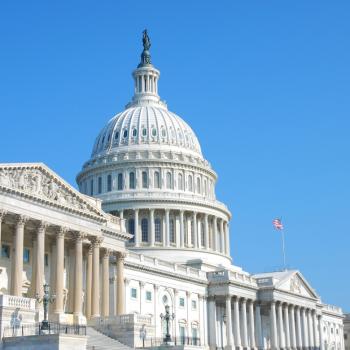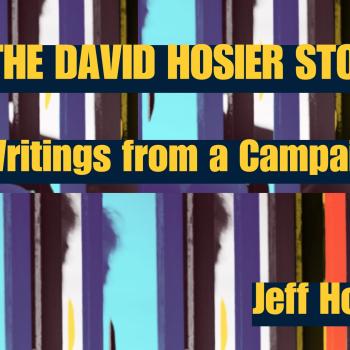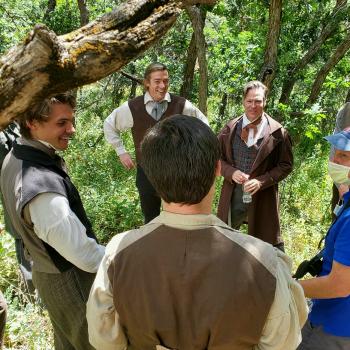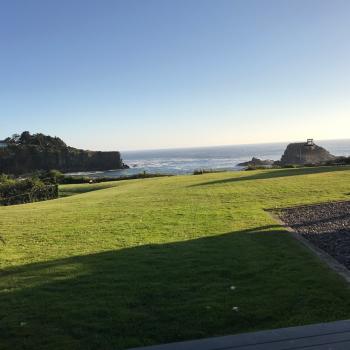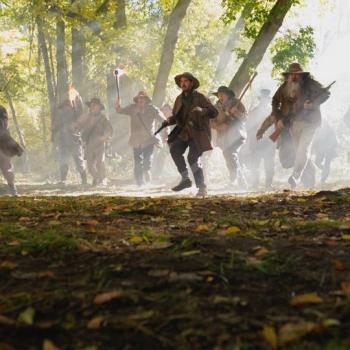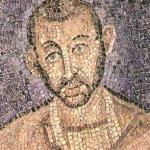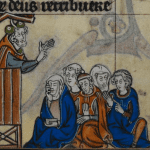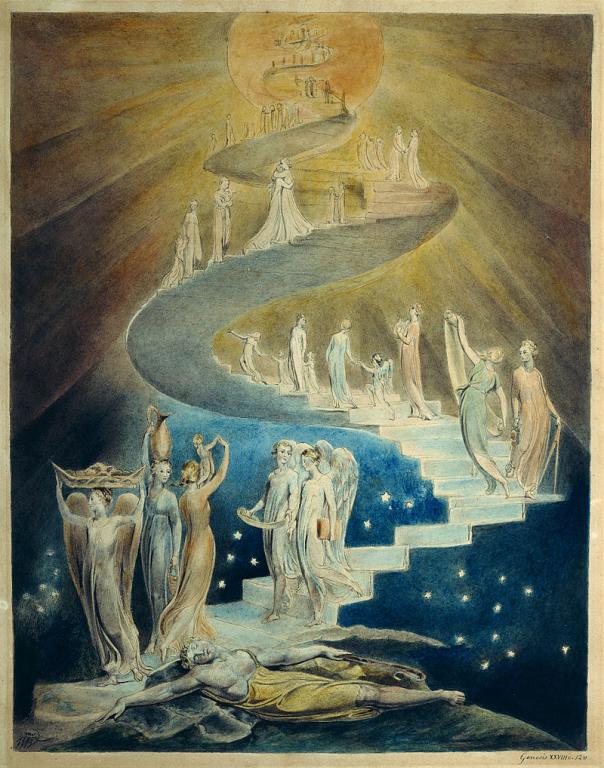
Newly published on the website of the Interpreter Foundation:
“Heavenly Ascent in Jacob’s Writings in Second Nephi: Addressing the Question of What the Plan of Salvation is in the Book of Mormon,” written by Skyler R. Smith
Abstract: Heavenly ascent describes the process of an individual (or community) returning to the presence of God. Though various elements exist within heavenly ascent literature, general patterns can be discerned. This project uses one such pattern as a hermeneutical tool to examine what can be learned about how Book of Mormon prophets may have understood the plan of salvation. Specifically, Jacob’s understanding of the plan of salvation will be analyzed by examining his writings in 2 Nephi 9–10. The evidence from this study suggests that some Book of Mormon prophets (at least Jacob and Nephi) viewed the plan of salvation through the lens of heavenly ascent.
“Interpreting Interpreter: A Planned Ascent,” written by Kyler Rasmussen
This post is a summary of the article “Heavenly Ascent in Jacob’s Writings in Second Nephi: Addressing the Question of What the Plan of Salvation is in the Book of Mormon” by Skyler Smith in Volume 60 of Interpreter: A Journal of Latter-day Saint Faith and Scholarship. All of the Interpreting Interpreter articles may be seen at https://interpreterfoundation.org/category/summaries/. An introduction to the Interpreting Interpreter series is available at https://interpreterfoundation.org/interpreting-interpreter-on-abstracting-thought/.
The Takeaway: Smith argues that the Book of Mormon makes heavy use of a “heavenly ascent” motif, and that Jacob’s sermons in 2 Nephi 9-10 suggest that he viewed the plan of salvation through the lens of that motif, outlining the means by which we can return to the presence of God.

For supposedly being about on the verge of extinction, the website of the Interpreter Foundation is surprisingly lively. Here is another item that recently appeared on it:
Sacred Time, Sacred Space, & Sacred Meaning: ““By the Blood Ye Are Sanctified”: The Symbolic, Salvific, Interrelated, Additive, Retrospective, and Anticipatory Nature of the Ordinances of Spiritual Rebirth in John 3 and Moses,” written by Jeffrey M. Bradshaw and Matthew L. Bowen
Part of our book chapter reprint series, this article originally appeared in Sacred Time, Sacred Space, & Sacred Meaning, Proceedings of the Third Interpreter Matthew B. Brown Memorial Conference “The Temple on Mount Zion,” 2 November, 2016, edited by Stephen D. Ricks and Jeffrey M. Bradshaw. For more information, go to https://interpreterfoundation.org/books/sacred-time-sacred-space-sacred-meaning/.
This chapter discusses the symbolism of water, spirit, and blood as they are used in scripture and in the ordinances.
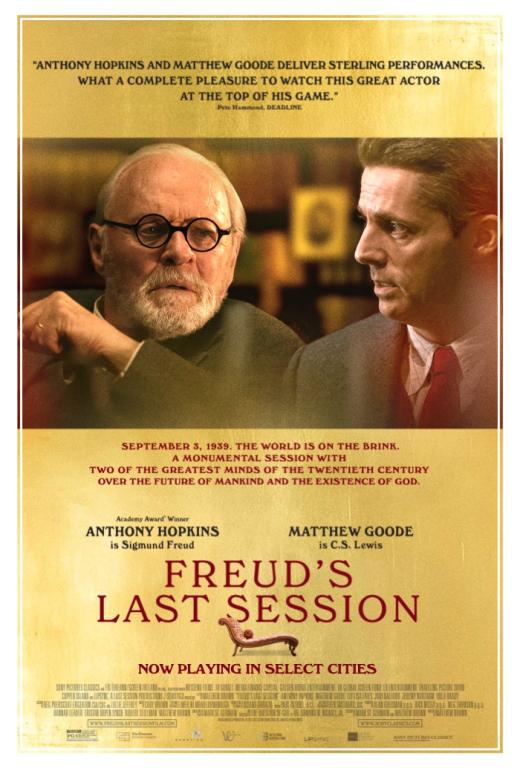
I really, really want to see this film. (I just returned from the Middle East on Wednesday evening, though, and what with jet lag and feeling slightly under the weather, my opportunities to go to the theater have been limited thus far. But my understanding is that it has only a limited engagement in theaters, so I need to hurry.)
Have any of you seen it? If you have, I would be interested in your opinions of it.
That said, I’ll still go to see it even if I receive nothing but negative verdicts on the film. In case you haven’t noticed it already, I’m an enthusiastic admirer of C. S. Lewis — within just the past few days, I’ve re-read The Abolition of Man, Letters to Malcolm: Chiefly on Prayer, and Mere Christianity — and, for that matter, I’ve read my share of Sigmund Freud, as well. I know little to nothing yet about this particular production, but I suspect that it may have been inspired by, and perhaps even somewhat based upon, Armand Nicholi’s The Question of God: C.S. Lewis and Sigmund Freud Debate God, Love, Sex and the Meaning of Life — a book that I bought immediately after its publication in 2002 and that I liked very much. (See my brief discussion of it here.)

I didn’t fall in love with Brigham Young University for the beauty of its campus setting and its natural surroundings. But they certainly didn’t make falling in love with BYU more difficult. I offer you a couple of recent videos — one (29 seconds long) taken recently, this winter, and the other (45 seconds long) taken during this past autumn — that will help you to see why (if you don’t already).
There were still days even in the waning days of my professorial career when, while I was walking on campus, I would look up at the mountains to the north, east, and south and marvel at their dramatic beauty. I enjoy beaches and seascapes, but mountains will get me every time.
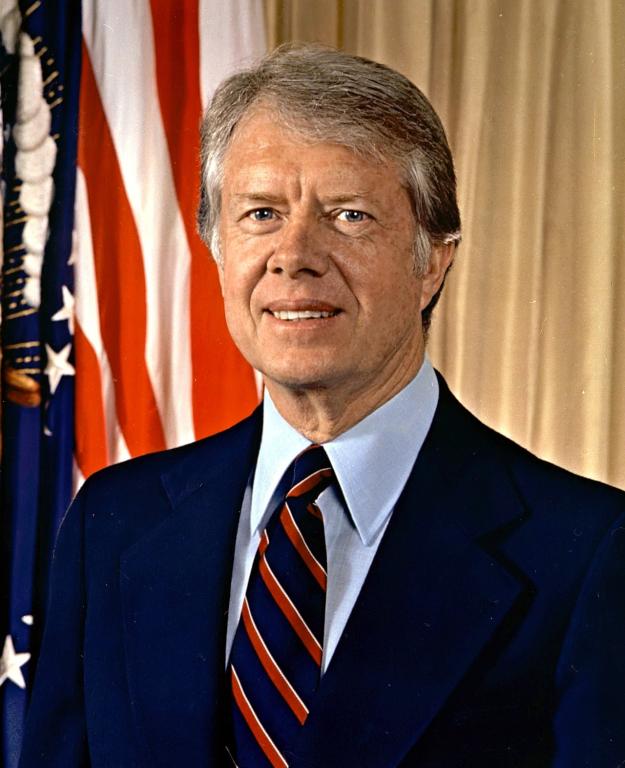
“Podcast: Carefully entering the hall of mirrors created by the ‘God Made Trump’ video”
So . . . What do you make of the God Made Trump video? Is it serious? Is it satire? If it’s serious, do you think it appropriate? Do you think that it goes too far? Does it make you a bit uncomfortable? The link that I share immediately above includes the Paul Harvey original (God Made a Farmer), the God Made Trump remake of that original, and the Lincoln Project’s God Made a Dictator response. I would be interested in your reactions to them.
I myself no longer have public political opinions, of course, having been warned against them and, frankly, having paid a not inconsiderable price for holding such opinions in the past. I’m told that both God Made Trump and God Made a Dictator are connected in some way with current American politics. But I’m not sure why. Isn’t Mr. Trump a reality television personality or something of that sort? What does that have to do with politics? Heck, I haven’t even decided whether to vote for William Jennings Bryan or for Alf Landon in the next president election. I’ll probably just split my vote right down the middle between the Whigs and the Tories.




